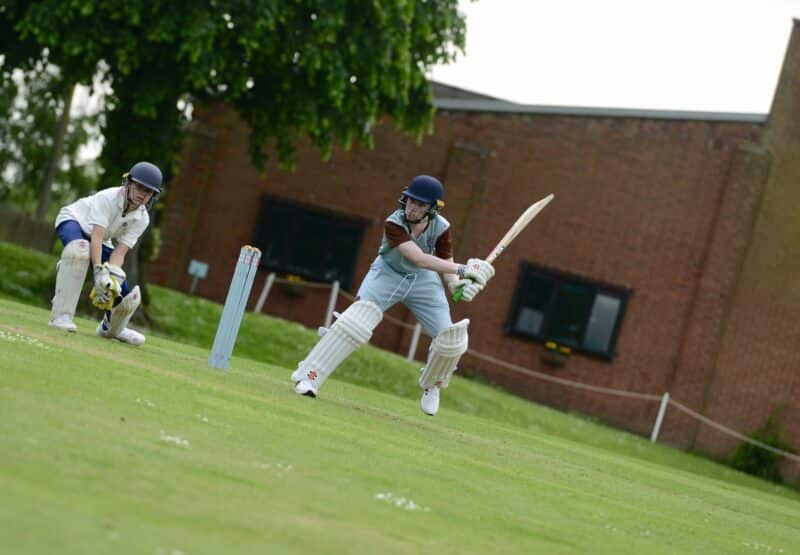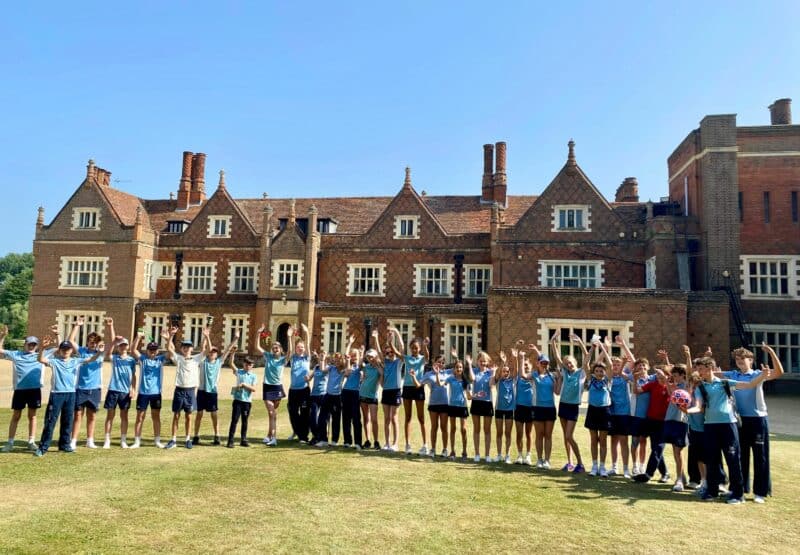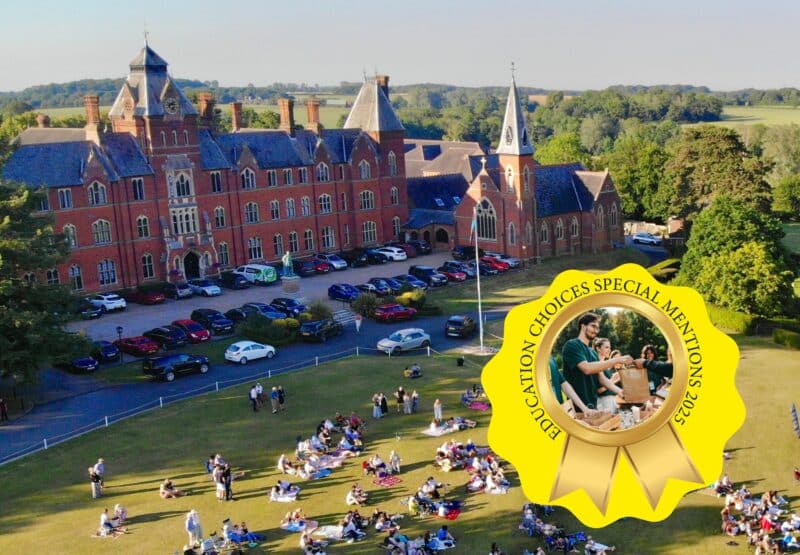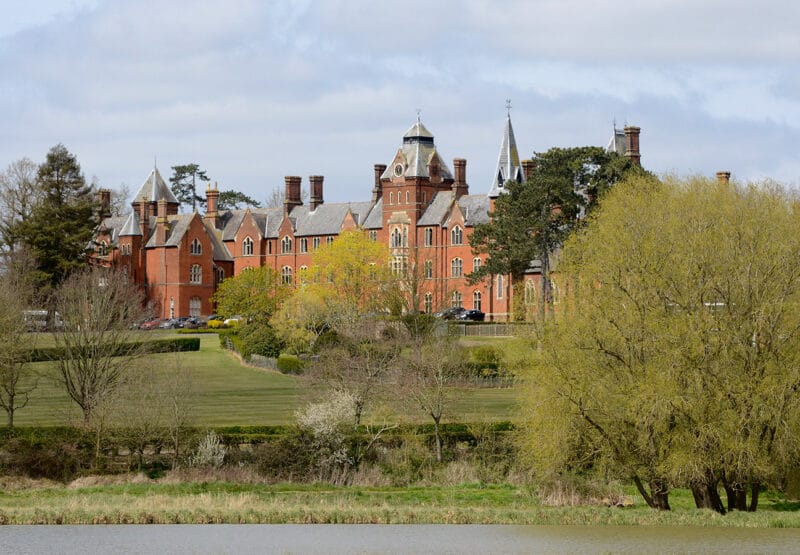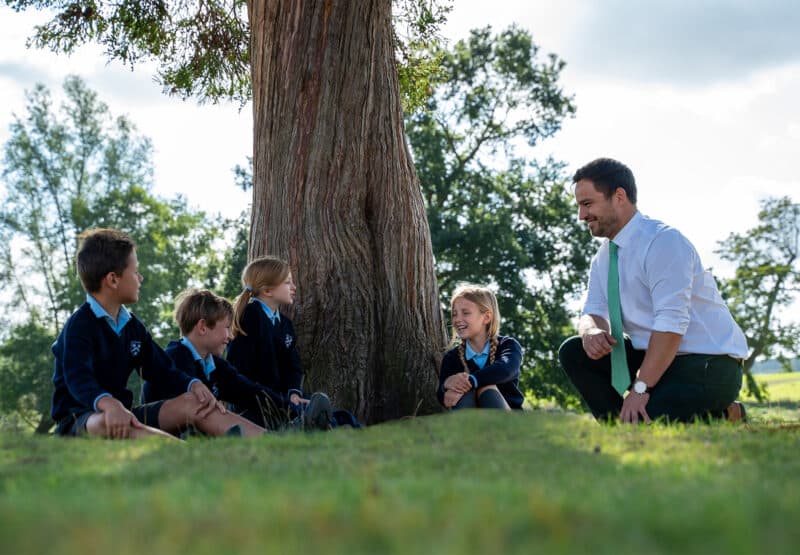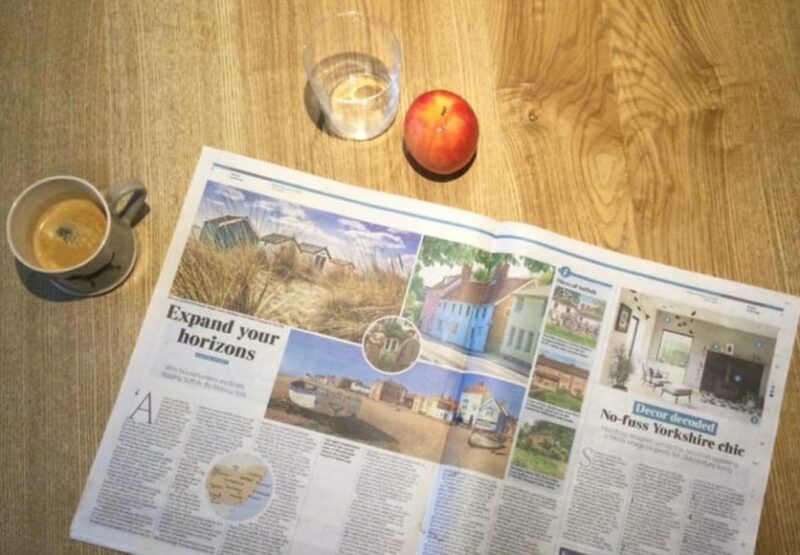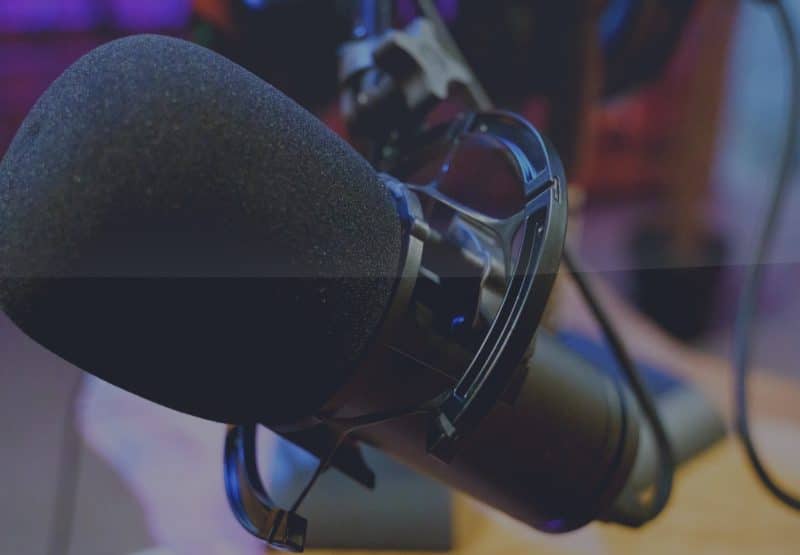At the beginning of Eid festival, we spoke to Edona, who has been participating in the Muslim fasting custom of Ramadan for the past 30 days. She says that while it’s been different fasting while living in our boarding houses, she soon settled into a routine, but is looking forward to the Eid festival, where family come together and share food, to mark the end of the fasting period.
She says: “My routine over the last 30 days has been to wake up at 3.30am, have a meal, which is called Sahūr, and go back to sleep if I can. If I was at home, I’d have a proper meal but here I just tended to have cornflakes and drink loads of water.
“Then I didn’t eat or drink anything again until the sun sets. It changes every night but it’s around 8.30pm when the sun sets, and you can have dinner.”
The Islam tradition of Ramadan relates to the Islamic principle of charity, encouraging Muslims around the world to experience first-hand how it is to live without food or drink throughout the day. For practicing Muslims, it means not eating or drinking anything between sunrise and sunset every day for 30 days. Edona says: “Ramadan teaches you to understand how it is for those who do not have food and water in the world. It’s about sympathising with others who don’t have what you have.”
“I pray every evening and every morning throughout Ramadan. I think that’s why the month is so special to a lot of people, because the rest of the year, you’re busy with different things and then during Ramadan, you set aside this one month to sort of guide yourself and focus on what you believe in.”
Edona says it’s been relatively easy to fit Ramadan around her school life, as the canteen and other staff members have gone out their way to support her. She has also been allowed time to return home for Eid, where she’ll continue to take part in lessons remotely.
She adds: “I just keep milk in my boarding house and have cornflakes in the morning and then the canteen have been just prepping my food in the evening and keep it aside for me and I’ll just go and pick it up once the sun sets.
“One of the hardest things was not being able to go to have meals with my friends.”
Now that Ramadan is over, the three-day festival of Eid can begin with family barbeques and other events. And, Edona says, despite Covid-19 restrictions still being in place, she and her family will do what they can within the rules.
She says: “In Islam, family is really important so the principal of Eid is to celebrate family and take time out to celebrate the end of Ramadan and just be with each other. Another important thing about Eid is that it is really all about charity. It’s about being able to donate as much as you can. So tonight, for example, we’ll go along to the local mosque and donate to charities which help people in Israel and Palestine. Everyone in the family makes time to return home and be together during Eid.”
Edona grew up in North London but has settled in well here at Framlingham College and says she’ll miss the school environment when she leaves at the end of this term. She says the international students and range of different people really helped her to engage and make the most of the opportunities at the school.
She concludes: “When I started, in Year 12, it was nice to have other people from London here with me. I also really connected with the international students. We could all share our different experiences of home life and how it was growing up in North London vs growing up around in different countries and areas of the UK and the rest of the world.”

